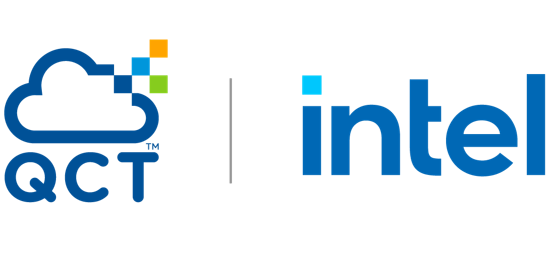 The news keeps streaming in this Holiday Season, so here is the HPC News with Snark for Thursday, Dec. 22, 2011.
The news keeps streaming in this Holiday Season, so here is the HPC News with Snark for Thursday, Dec. 22, 2011.
- Purple Mountain Goes Bright. The Purple Mountain Observatory in China has selected Bright Cluster Manager for its HPC cluster. The system is used to support PMO’s research into dark matter, dark energy, and black hole compact objects.
- Nuclear furnace. Next Computing has launched the Nucleus GP, a small form-factor, mini-tower workstation optimized for GP-GPU computing (General-Purpose computation on Graphics Processing Units). This compact desktop supercomputer provides “dense GPU processing, as well as traditional CPU processing, memory, and high-speed storage, into the smallest package available.
- Python Strikes GPUs. AccelerEyes is offering its Arrayfire Python GPU library at no charge. To make your live easier, a few lines of code in ArrayFire can replace dozens of lines of raw GPU code, saving you valuable time and lowering development costs.
- Holiday Nanoribbons. Nobel prize winner is using the Jaguar Supercomputer at Oak Ridge to simulate a graphene substrate known as boron nitride. It’s insulating properties have great potential uses in electronics and optics. The results haven’t been duplicated in the lab yet, but you can download the research paper.
- iFortran. Absosoft’s new Pro Fortran 2012 v11.5 for Mac OS X adds AVX, expanded Fortran 2003 & 2008 support and HPC Scientific Engineering Library.
- Exacale Report Card. A new EESI report provides a detailed cartography of Exascale R&D activities of European and international HPC vendors. The report looks at shortfalls and details which deficiencies which should be investigated and are in need of European support.
- Good to be King. Allinea will provide debugging tools to King Abdulaziz University in Saudi Arabia for a new supercomputer that will extend research capabilities in topics such as turbulent flow modeling.
- CAPS Lock. While Intel won’t be shipping it’s Knights Corner accelerators for a while, CAPS announced that it will support Intel MIC in its directive-based HMPP compiler. CAPS will also support OpenMP offload extensions that will offer a standard to fully support Intel MIC as well as other devices.



